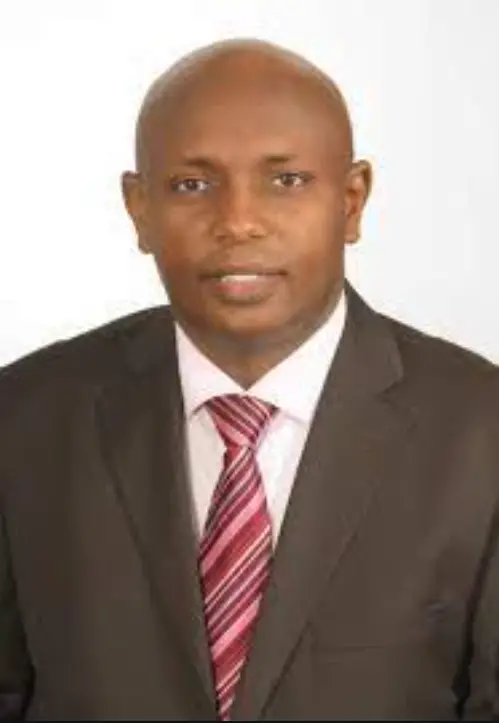
Mwalimu National Sacco, facing financial difficulties after the purchase of troubled Spire Bank, is now turning to the sale of its two 14-hectare parcels of land in Juja.
The lender, which initially planned to build housing units on the land for sale to members and the public, will now subdivide the property and prioritize its members in the sale of the plots after demarcation.
The Sacco says it declined offers from large land buyers as they wanted to acquire the properties at below-market rates in the area.
Its executives claim that Juja has been experiencing some of the fastest-growing land prices among Nairobi’s satellite towns.
Mwalimu National Sacco is now banking on the sale of these lands to shore up its finances and overcome the challenges faced by the purchase of Spire Bank.
The Sacco is determined to make the best out of this situation, by selling the land to its own members.
But it raises the question, are they really doing this to benefit the organization and its members or is this just a quick fix?
Only time will tell.
Spire bank’s controversial acquisition by Mwalimu Sacco
The controversial multi-billion acquisition of troubled Spire Bank by Mwalimu Sacco raised eyebrows after questions emerged on whether they carried out due diligence during the rushed sale that was resolved within just one year.
The process of acquiring the bank started in 2013 and was concluded in 2014 when the Sacco bought the bank in December together with over 1000 customers at a cost of Sh2.6 billion from its owner, Naushad Merali.
During a meeting with executives from Spire Bank and Mwalimu Sacco last year, members of the Parliamentary Committee on Finance and National Planning recommended a probe into audit firm Ernst and Young, who acted as advisers to the Sacco.
The deal saw the Sacco rise to a majority shareholder at 98.2 per cent while the remaining 0.8 per cent was controlled by Merali and others.
The Sacco has since then injected capital worth over Sh1.5 billion.
The parliamentary committee pursued answers as to whether Mwalimu Sacco had consulted its members before buying the bank in 2014.
It is argued that they executed the deal in a way that endangered the teachers’ investments in Mwalimu Sacco, which is currently pushing to dispose of the bank.
He further noted that he was deeply concerned by the fact that it was teachers’ money that was spent in the deal, adding that the committee will be seeking further explanations from the Central Bank of Kenya (CBK).
The committee heard that immediately Mwalimu Sacco acquired Spire Bank, Mr. Merali unlawfully withdrew Sh1.7 billion in deposits from the bank, which signalled the start of the bank’s financial struggles which have seen the teachers lose over Sh13 billion in savings to help it stay afloat, but to no avail.
Mwalimu Sacco Chairman Joel Gachari told the committee that it has been a challenge to persuade teachers to continue investing in the bank as there are no meaningful gains.
For a long time now, the Sacco has been forced to intervene and bail out customers, as the bank has not been able to come to their aid whenever they need cash.
Records show that as of January 2022, Spire Bank’s core capital stood at a negative of Sh2.6 billion, which is against CBK’s threshold that requires every lender to have a core capital of at least Sh1 billion.
At the time, the bank’s core capital was beneath total deposit liabilities by 55 per cent against an 8 per cent coverage requirement and total risk-weighted assets at a negative 61.8 percent against a 10.5 per cent regulatory threshold.
It had a liquidity ratio of 7.7 per cent, which is 12.3 per cent below CBK’s threshold.

















































